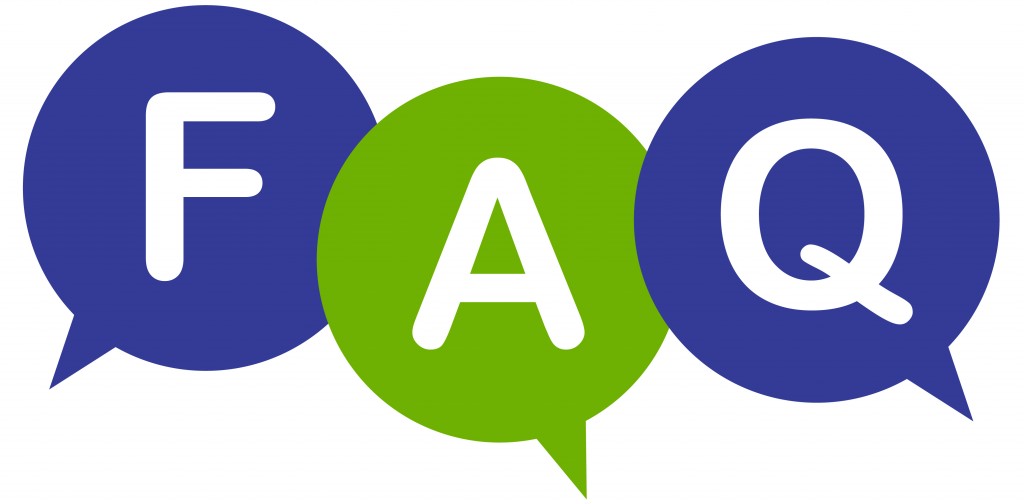5 TEFL Tips for Online ESL Engagement
Teaching ESL to teenagers online can be a difficult and time-consuming endeavor, particularly when it comes to keeping them engaged and interested. For teachers pursuing online ESL jobs, maintaining motivation in virtual classrooms is essential. To ease this difficulty, we've put together a 5-point checklist designed to aid teachers when planning online ESL games and activities for teenagers. Furthermore, this article also includes the 10-Hour Micro-credential Games and Activities for the Online Classroom (Teenagers), an invaluable resource for new teachers starting out their teaching journeys. If this sounds appealing, then getting your TEFL certification can be an ideal first step.

How can I align online ESL games with my students' long-term goals?
Understanding why your students are learning English is the first step toward designing effective lessons. They might be trying to pass an English proficiency exam such as TOEFL, or they could simply wish to improve their conversation skills for traveling purposes. Once you understand their motivations, games that support their long-term goals should become clear.
For instance, if your students are studying for the TOEFL exam, an engaging ESL game that reviews TOEFL practice questions such as Jeopardy would make learning fun while directly contributing to their long-term goal of passing this examination—especially important in online ESL jobs where face-to-face interaction is limited.
How can I tailor games to my students' short-term language learning goals?
Short-term goals in language learning, such as developing new vocabulary or reinforcing a grammar concept, are equally crucial to the journey. Being flexible in meeting them through games will significantly enhance the effectiveness of your teaching practice.
Consider using a "Fill-in-the-Lyrics" activity to enhance listening comprehension. Students listen to a song and fill in missing lyrics. This game can also be customized to focus on specific vocabulary or grammar points—making it an effective way of meeting short-term learning objectives in online ESL jobs.
How can I ensure online ESL games account for my students' linguistic level and experience?
An effective ESL game for teens must always take into account any knowledge gaps, which may stem from language skills or unfamiliarity with certain concepts. Employing games that accommodate your students' specific needs is always beneficial.
The "Sentence Maker" game can be tailored to different levels. Beginners might create simple sentences, while advanced learners could be challenged to construct complex ones with multiple clauses. This level of flexibility is especially useful in online ESL jobs, where student abilities often vary.
How can I tailor online ESL games to my students' individual interests and preferences?
Understanding your students' personalities and preferences is vital when designing engaging games. Discover their hobbies outside of school, their favorite musical artists, and whether they prefer competition or collaboration in games.
If your students are outgoing, games such as "The Bragging Game" may provide opportunities to practice speaking. Students take turns boasting about imaginary accomplishments using creative language. This not only enhances speaking skills but also aligns with personal interests—a key factor in success when working in online ESL jobs.
What resources will my students need to play ESL games online?
Understanding each student's learning environment—their physical location, equipment, and access to resources—is critical when planning online ESL games. Provide all game materials virtually whenever possible, as not all students may have access or remember to bring necessary supplies. Teachers in online ESL jobs must be particularly mindful of accessibility and simplicity when delivering content.
Additional tips for organizing online ESL games for teens
Implementing the 5-point checklist, developing a regular class schedule, soliciting student feedback, and ending classes on an upbeat note are essential parts of planning online ESL games for teens.
Consistency helps students prepare for and anticipate lessons. Regular feedback provides insight into what works, and closing with a fun activity leaves students excited for the next class—something every TEFL teacher working in online ESL jobs should aim for.
Online ESL games for teens can be an engaging and effective way to meet language learning goals. By understanding your students’ motivations and tailoring activities to match short- and long-term goals, language levels, and interests, you can create impactful and enjoyable lessons. With this 5-point checklist and these practical tips, educators pursuing TEFL certification or working in online ESL jobs can confidently design dynamic and effective online ESL classes for teens.
-
Unlock EFL Reading Skills: Teach Phonics
How phonics boosts EFL reading teaching, making English simpler and more enjoyable for learners. Lea... -
Teacher Record FAQ
Do you have questions about Teacher Record platform? check this article to find the most frequently... -
Task-Based Learning: Revolutionizing Language Teaching
Task-Based Learning (TBL) engages students by focusing on real-world language use, enhancing communi...








